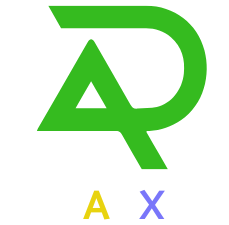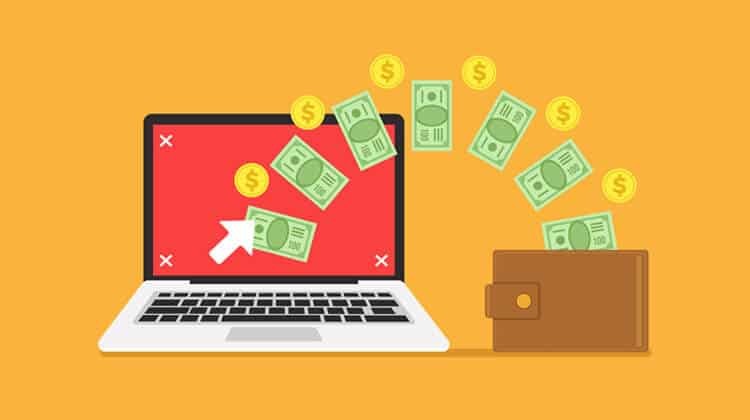What is Cost Per Click (CPC)?
Definition of CPC
Cost Per Click (CPC) is a critical metric in digital advertising that determines how much advertisers pay for each click on their ads. It is calculated by dividing the total advertising cost by the number of clicks generated. This metric helps advertisers measure the efficiency of their campaigns and optimize their budgets effectively.
Importance of CPC in Paid Advertising
CPC plays a vital role in determining the success of paid advertising campaigns. It allows businesses to track performance, understand customer engagement, and allocate resources to high-performing ads. Whether using manual or automated bidding strategies, CPC ensures advertisers achieve their traffic and conversion goals efficiently.
Types of CPC Models
Flat-Rate CPC
Flat-rate CPC involves a fixed payment for each click, agreed upon between the advertiser and publisher. This model is popular on comparison shopping engines and platforms with predefined rate cards. Advertisers can negotiate rates based on long-term contracts or higher visibility requirements.
Bid-Based CPC
Bid-based CPC uses an auction system where advertisers bid on keywords or ad placements. The actual cost per click depends on factors like ad rank, quality score, and competition. This model offers flexibility but requires strategic bidding to maximize ROI while staying within budget limits.
Calculating Cost Per Click
Formula for CPC Calculation
The formula for calculating CPC is straightforward:
CPC=Total Ad CostNumber of Clicks
CPC=
Number of Clicks
Total Ad Cost
For example, spending $100 on a campaign that generates 500 clicks results in a CPC of $0.20 per click.
Average vs Maximum CPC
- Average CPC: The average amount spent per click across all clicks in a campaign.
- Maximum CPC: The highest amount an advertiser is willing to pay per click, often set during keyword bidding processes like Google Ads auctions.
Bidding Strategies for CPC Ads
Manual Bidding
Manual bidding allows advertisers to set individual bid amounts for keywords or placements, offering greater control over costs but requiring constant monitoring for optimization.
Enhanced Bidding
Enhanced cost-per-click bidding automates the process by adjusting bids based on conversion likelihood, making it ideal for advertisers seeking efficiency without manual intervention.
Optimizing Your CPC Campaigns
Factors Influencing CPC Costs
Several factors impact CPC, including:
- Ad Quality: High-quality ads with relevant content reduce costs and improve rankings.
- Keyword Competition: Popular keywords demand higher bids due to increased competition.
- Target Audience: Geo-targeting, device preferences, and user intent can affect costs significantly.
Tips for Lowering CPC
- Use long-tail keywords with less competition.
- Improve ad relevance and landing page quality to boost your Quality Score.
- Automate bidding strategies to focus on high-conversion opportunities while minimizing costs.
Leveraging CPC for Business Growth
Why CPC Matters for Advertisers
Cost Per Click is more than just a metric; it’s a gateway to understanding customer behavior and optimizing advertising strategies. By mastering CPC calculations and bidding models, businesses can enhance their ROI and achieve sustainable growth in competitive markets.
Final Thoughts on CPC Success
Whether you’re new to paid advertising or looking to refine your approach, focusing on CPC metrics ensures your campaigns drive meaningful results without overspending.

